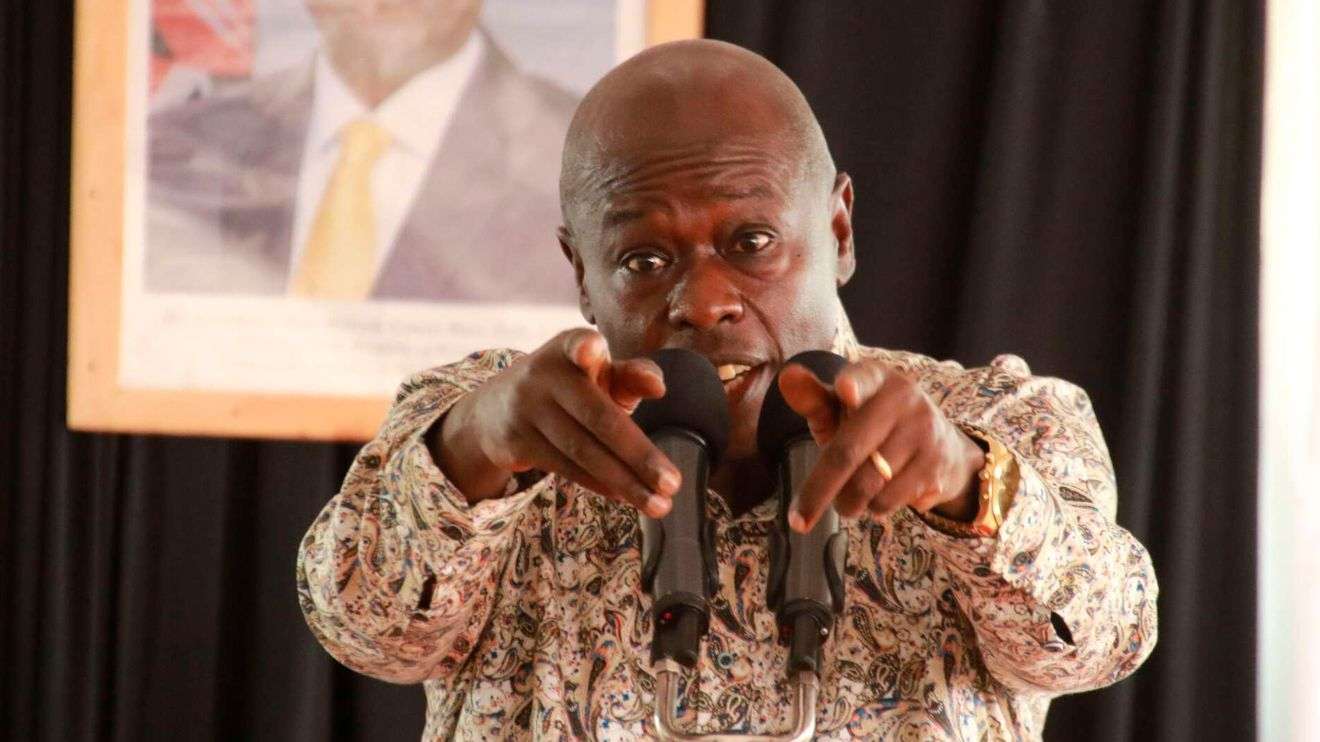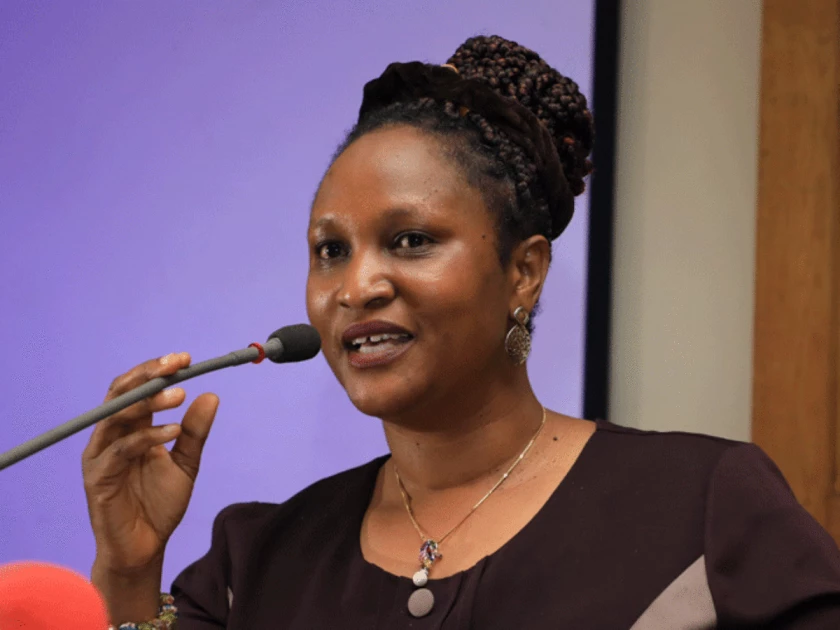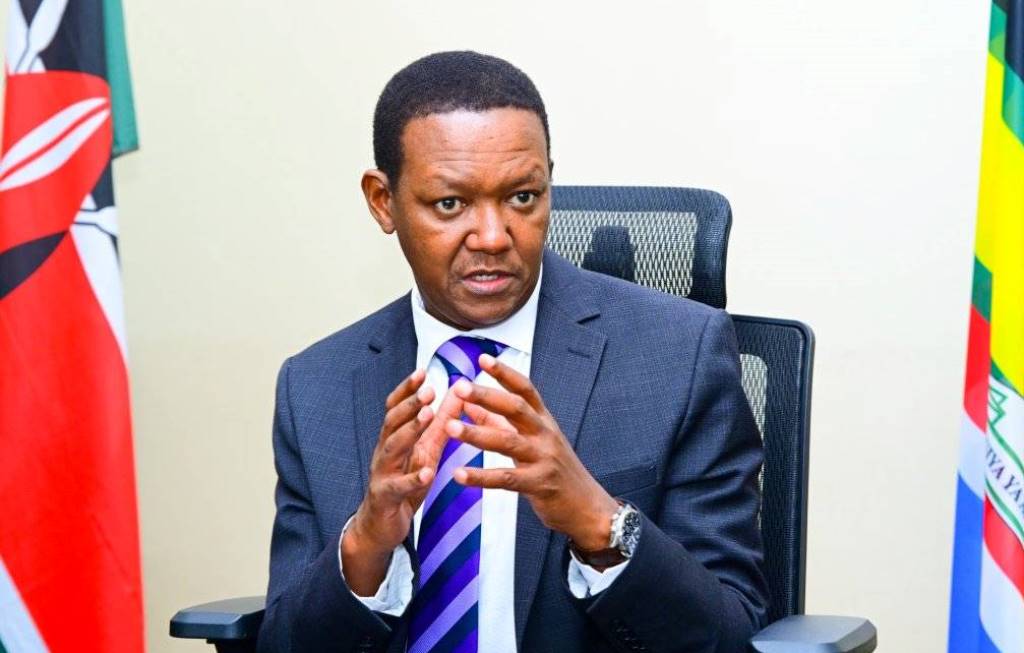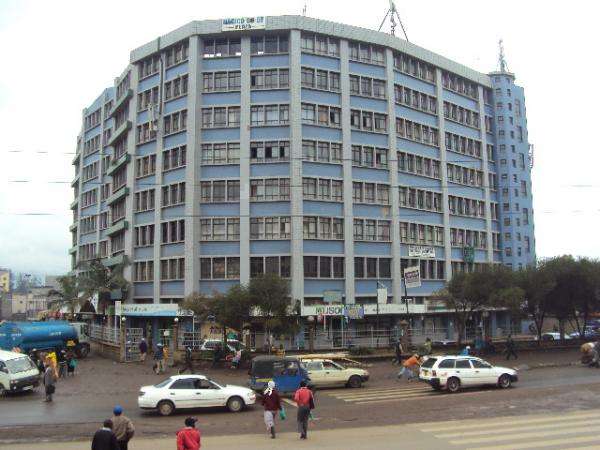The scale of the enterprise was staggering. Each weekend, Gachagua’s trusted associates would return to his home in Kieni and donate vast sums to various causes, including churches, schools, welfare groups, and sports teams. Reports suggest that on a single weekend, one of the associates could distribute upwards of KSh 1 million. This practice continued uninterrupted for two years while Gachagua held office. At one point, Gachagua is said to have funded multimillion-shilling construction projects for schools, surpassing even the National Government Constituency Development Fund (NG-CDF) in generosity
Kenya could be on the brink of a major political crisis after former Deputy President Rigathi Gachagua threatened to release a secret audio recording of a conversation with President William Ruto. The recording allegedly reveals how Gachagua was pressured by President Ruto to accept a generous retirement package and resign from his position as Deputy President of Kenya, with the implicit threat of impeachment if he refused.
But who would have dared to record the President in what must have been a highly confidential discussion with his then-deputy? Could disgruntled elements within the National Intelligence Service (NIS) be involved?
This explosive revelation follows closely on the heels of claims that Gachagua operated a covert and highly lucrative money-making scheme during his tenure as Deputy President, involving elements within the NIS. According to sources, he allegedly established a cartel of senior NIS officers through whom he siphoned hundreds of millions of shillings in cash weekly. This arrangement reportedly went undetected for over a year, even by the President himself.
The alleged scheme operated with precision: Gachagua’s trusted associates at the Deputy President’s office would collect the cash—disguised as the Deputy President’s luggage—from the official parking area at Harambee House Annex. When the operation was eventually uncovered, the implicated NIS officers were dismissed from duty. Gachagua, however, acted swiftly, hiring the sacked officers and providing them with office space at his Karen residence.
The scale of the enterprise was staggering. Each weekend, Gachagua’s trusted associates would return to his home in Kieni and donate vast sums to various causes, including churches, schools, welfare groups, and sports teams. Reports suggest that on a single weekend, one of the associates could distribute upwards of KSh 1 million. This practice continued uninterrupted for two years while Gachagua held office. At one point, Gachagua is said to have funded multimillion-shilling construction projects for schools, outstripping even the National Government Constituency Development Fund (NG-CDF) in generosity.
The anticipated release of these recordings has sent shockwaves through Kenya’s political landscape. They promise to unravel a tale of betrayal and fractured trust that could destabilise the political framework of President Ruto’s administration. However, Ruto’s allies have been quick to dismiss the claims, asserting that Gachagua possesses no such tapes and is merely using the threat of blackmail to pressure the President.
Rumours abound that Gachagua has been making various allegations, yet when pressed for evidence, he insists he will reveal it when the timing is right. Notably, shortly after Ruto took office, Gachagua vowed to name Cabinet Secretaries and Principal Secretaries from President Uhuru Kenyatta’s administration who were allegedly involved in embezzling billions of shillings in the weeks leading up to the 2022 general elections. Nearly three years later, however, he has yet to produce the list, and the matter appears to have faded from public attention.
Some of Ruto’s allies now contend that Gachagua has a pattern of issuing threats and employing intimidation tactics against political adversaries by hinting at possessing compromising information. Should Gachagua follow through and release the tape, it could erode Ruto’s credibility both domestically and internationally. The revelations could have profound implications for Ruto’s standing, particularly as he gears up for the 2027 elections.
Sources indicate that when Gachagua rejected a substantial financial offer from Ruto, he faced a swift and severe impeachment. In its wake, he emerged as Ruto’s fiercest opponent, unveiling startling revelations that caught the President off guard.
Political analysts are now assessing the potential ramifications of the tapes on Ruto’s administration. While some pro-Ruto politicians advocate for their immediate release—arguing that doing so would allow Kenyans to move beyond the scandal by the 2027 election cycle—others caution that the fallout could irreparably harm Ruto’s political career and influence Kenya’s foreign policy.
If released, the tapes could represent a defining moment in Kenya’s political arena, with potentially catastrophic consequences for the President. Despite the steady progress of his 2027 campaign, the emergence of these recordings could swiftly alter the course of his political future.





